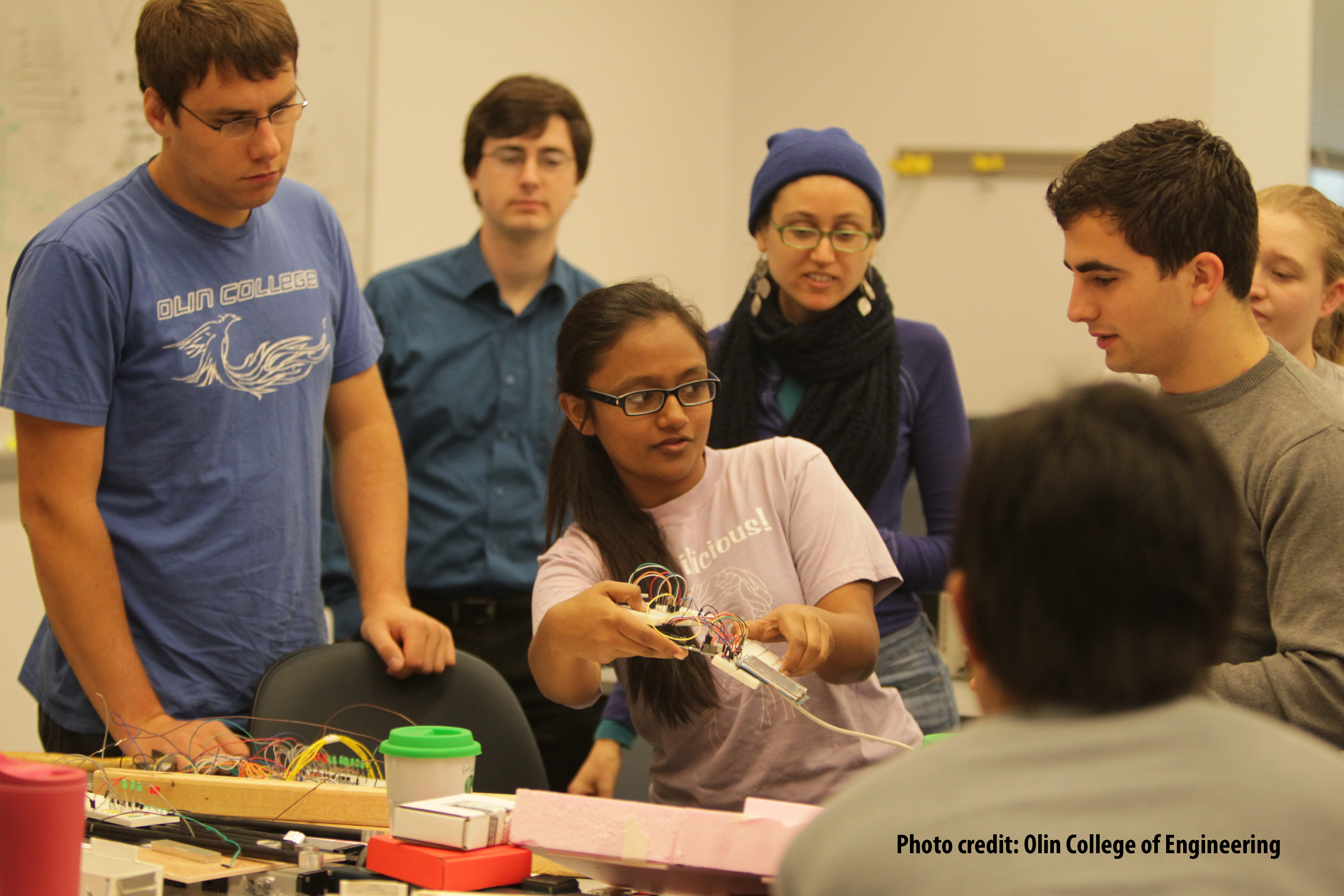Recognizing the importance of student experiences in inclusive courses and their perception of their institution's commitment to inclusion and diversity, a recent study explored factors affecting those perspectives. Using data from the 2017 administration of NSSE's Inclusiveness and Engagement with Cultural Diversity (ICD) Topical Module, researchers investigated the following questions:
- How much do students experience inclusive coursework and how does this vary by student demographics?
- How do student perceptions of institutional emphasis on inclusive practice vary by student demographics?
Using a series of OLS regression models with inclusive coursework or institutional commitment to diversity as outcomes, we examined a variety of student characteristics and demographics examined. Many aspects of the student experience and identity predicted higher or lower perceptions of inclusive coursework and institutional commitment. For example, social fraternity or sorority members perceived more emphasis on inclusive coursework and institutional commitment than non-members. Students majoring in STEM fields, on the other hand, perceived less emphasis on both outcomes than non-STEM majors. Other characteristics had mixed findings. Queer students perceived more substantial emphasis on inclusive coursework, but less substantial emphasis on institutional commitment than the average student. Straight students had the opposite experience, perceiving less substantial emphasis on inclusive coursework but more institutional commitment to diversity.
You can see more details about this study here.


